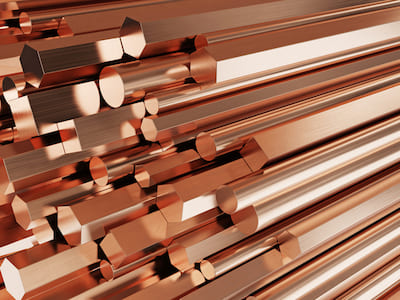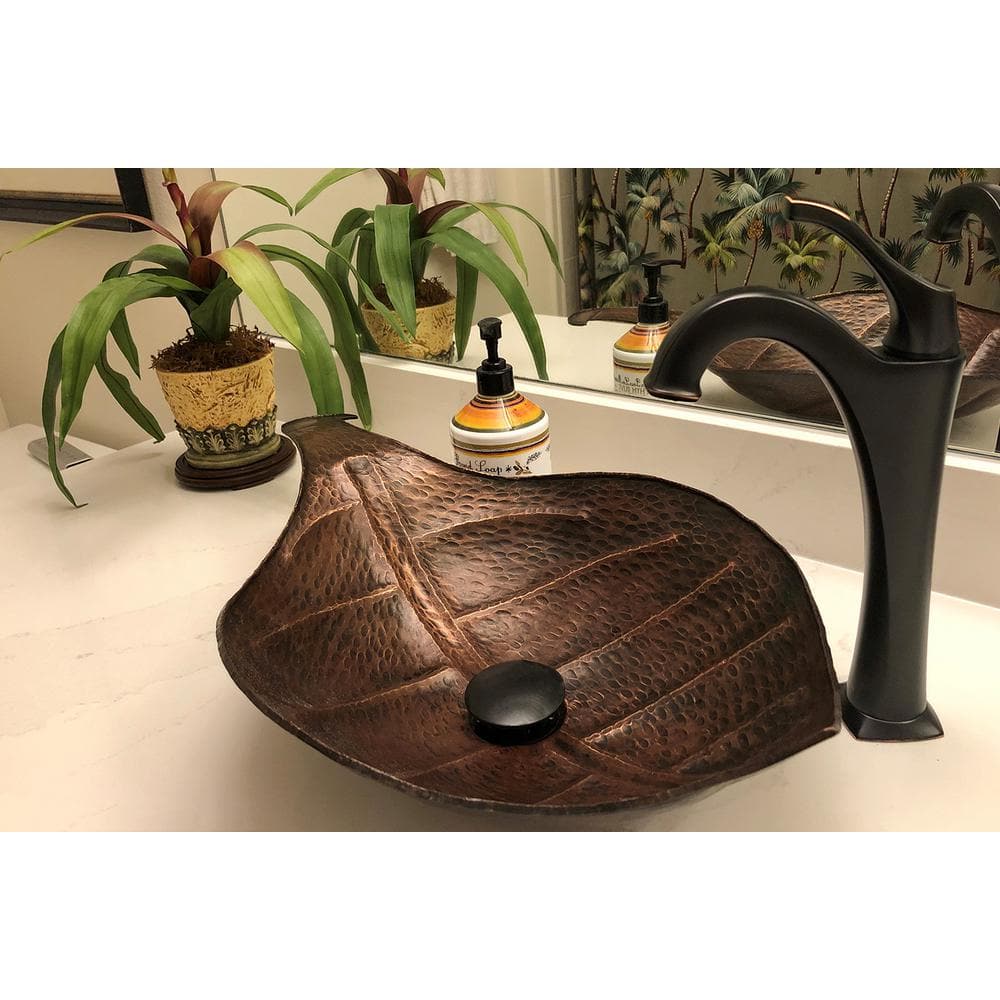Revealing the Wellness Benefits of Using Copper Products in Everyday Life
Revealing the Wellness Benefits of Using Copper Products in Everyday Life
Blog Article
Exactly How Copper Products Contribute to Sustainable Practices in Different Industries
In sustainable energy systems, for instance, copper enhances the performance of solar and wind innovations, while its application in construction lessens waste via long life. As sectors seek to embrace more sustainable techniques, the role of copper could verify essential in achieving ecological goals.
Copper in Renewable Power
Copper plays a crucial duty in the innovation of renewable resource innovations, serving as a vital conductor in different applications. Its extraordinary electric conductivity and resistance to deterioration make it an ideal material for electrical circuitry, which is necessary in solar panels, wind generators, and power storage systems. In solar photovoltaic or pv systems, copper is made use of in the interconnections and circuitry, enabling efficient energy conversion from sunshine to electricity.
In wind energy, copper is essential to the generators and transformers that convert kinetic energy right into electric energy, making sure ideal efficiency and dependability. In addition, the need for electrical lorries (EVs) is enhancing, with copper being a key part in batteries, electric motors, and billing framework. The change to EVs dramatically boosts the need for copper, as these vehicles generally utilize four times more copper than conventional interior burning engine cars.
As the world seeks to alleviate climate modification and transition to sustainable energy resources, copper's role comes to be progressively critical. The product not just improves the performance and sturdiness of eco-friendly energy systems yet likewise supports the broader goal of lowering greenhouse gas discharges and promoting a sustainable future.
Eco-Friendly Construction Materials
In the last few years, there has actually been a notable change in the direction of the fostering of environmentally friendly building materials in reaction to expanding environmental problems. This change is inspired by the requirement for sustainable options that reduce ecological impacts while preserving architectural integrity and visual charm.
Copper, recognized for its longevity and recyclability, has arised as a vital player in this market. It can be utilized in roof, pipes, and electrical systems, adding to energy efficiency and lowering waste. Copper's longevity means fewer substitutes in time, additional enhancing its sustainability profile.
Additionally, products such as bamboo, reclaimed timber, and recycled steel are obtaining appeal. These choices not just offer minimized ecological effect yet likewise advertise resource preservation. As constructing codes increasingly highlight sustainability, home builders and designers are incorporating these products into their jobs, cultivating advancement in layout.
The enhancing adoption of green building materials reflects a broader commitment to sustainability in the developed setting. By prioritizing these products, the construction sector can substantially minimize its carbon impact, straighten with governing criteria, and support a much healthier community for future generations. This fad marks an essential action towards a more lasting future in construction.
Copper's Duty in Health care
Recent research studies have actually highlighted the significant function of copper in medical care setups, specifically because of its antimicrobial buildings. Copper surface areas have been shown to lower the existence of pathogens, including microorganisms and viruses, by as much as 99.9% within a brief period. This remarkable efficiency makes copper an indispensable product for high-touch surfaces in medical facilities, such as doorknobs, bed rails, and IV poles, consequently adding to enhanced infection control actions.
Along with its straight antimicrobial results, copper additionally contributes in the wider context of medical facility sustainability (Copper Products). By incorporating copper right into clinical tools and home discover here furnishings, medical care centers can lower the incidence of healthcare-associated infections (HAIs), which not only enhances patient end results but also decreases the costs connected with prolonged healthcare facility stays and extra therapies
Additionally, copper's longevity and recyclability align with sustainable techniques, enabling accountable resource monitoring. As health care systems progressively focus on both person safety and environmental stewardship, the combination of copper products is becoming a lot more prevalent. This double benefit emphasizes copper's essential contribution to a healthier, more secure, and a lot more sustainable healthcare setting.
Sustainability in Transport

Furthermore, copper's durability and corrosion resistance add to the durability of transport facilities (Copper Products). In rail systems, as an example, copper parts enhance the reliability and efficiency of signaling and power systems, essential for lowering hold-ups and energy consumption. In addition, copper's duty in renewable power systems, such as solar and wind, supports lasting transport solutions by providing tidy energy for electrical transportation options
Investments in copper modern technology not just foster sustainability but also boost economic growth and task development in eco-friendly fields. As sectors make every effort to satisfy strict ecological policies, the application of copper products in transport becomes a critical method in attaining sustainability objectives and advertising a cleaner, much more reliable future.
Copper and Circular Economy
As the globe progressively accepts sustainability, the role of copper in the circular economy comes to be ever before much more significant. Copper's intrinsic properties-- such as its conductivity, recyclability, and durability-- placement it as an essential material in a resource-efficient economy. The circular economic climate aims to minimize waste and take full advantage of resource usage with recycling and reusing products, and copper master this respect.
The steel can be recycled forever without loss of top quality, making it a suitable candidate for sustainable methods throughout different markets, consisting of building, electronics, and eco-friendly energy. By recycling and recouping copper from end-of-life products, industries can significantly lower the requirement for virgin products, thereby lowering ecological influences linked with mining and handling.
Moreover, the integration of copper into circular economic situation structures not just saves sources but also fosters innovation. published here Organizations that prioritize copper recycling add to a more lasting supply chain, improving their competition while lining up with regulatory demands and consumer preferences for environmentally liable items.
Final Thought
In final thought, copper items substantially add to sustainable techniques across multiple markets. Their necessary duty in improving eco-friendly energy innovations, advertising environment-friendly building and construction materials, sustaining infection control in health care, promoting sustainable transport, and embodying the principles of a round economic climate underscores the flexibility and value of copper. By integrating copper right into various applications, sectors can accomplish better effectiveness, lower environmental impact, and align with global sustainability objectives, inevitably promoting an extra lasting future.

Copper's exceptional conductivity makes it a favored material in electrical car (EV) systems, boosting energy efficiency and performance. In addition, copper's duty in renewable energy systems, such as solar and wind, sustains sustainable transport solutions by providing tidy energy for electric transportation options.
Their crucial duty in improving sustainable power technologies, advertising eco-friendly building and construction materials, supporting infection control in healthcare, facilitating sustainable transport, and embodying the concepts of a round economic climate emphasizes the convenience and relevance of copper.
Report this page